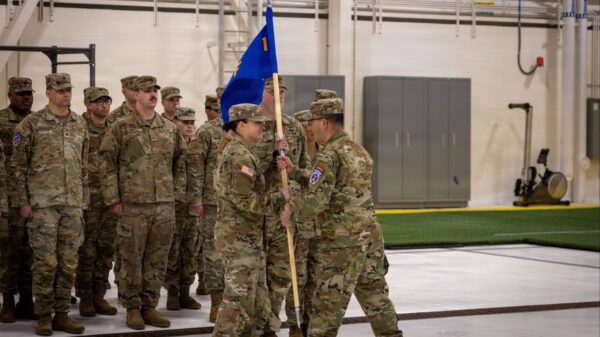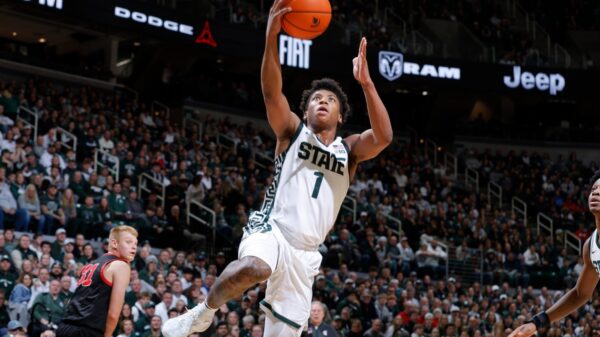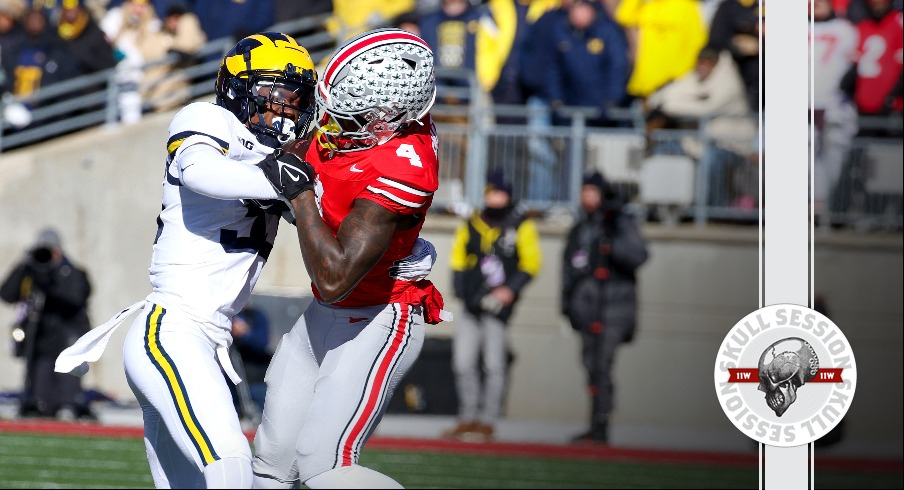In the world of college football, few matchups evoke as much passion and historical significance as the rivalry between Ohio State and Michigan. Known simply as “The Game,” this annual clash has been ranked by The Athletic as the greatest rivalry in all of sports, surpassing iconic contests such as Alabama vs. Auburn and Army vs. Navy.
Scott Dochterman of The Athletic placed Ohio State vs. Michigan at the pinnacle of his list of top 100 college football rivalries, citing its adherence to 11 principles including data, prominence, and historical significance. According to Dochterman, “The Game” is an “easy No. 1” because it “meets every principle and tops the chart in meaningful games historically.”
The Cultural Impact of “The Game”
Beyond the field, the rivalry between Ohio State and Michigan transcends sports, bringing together families, friends, and communities. The anticipation leading up to the game is palpable, and the outcome can divide fans just as quickly. Former Ohio State player Tyvis Powell emphasized the enduring significance of this rivalry, stating, “As long as they continue to play this game, there’s nothing that will be better.”
Powell’s sentiment reflects a broader cultural narrative that has been woven into the fabric of college football. The rivalry has become a defining element of the sport, with each game adding a new chapter to its storied history.
Pressure on Coaches: More Than Just Wins and Losses
The intense focus on this rivalry extends to the coaches, particularly Ohio State’s Ryan Day. CBS Sports’ Josh Pate recently discussed the pressure on Day to defeat Michigan, even suggesting that beating the Wolverines is more critical than winning a national championship. “If you’re the head coach at Ohio State, your job is to beat Michigan,” Pate asserted, “above winning the conference and above winning national titles.”
“I believe rivalries are the most important part of college football. I believe beating Michigan is the most important role that you have as the head coach at Ohio State.” — Josh Pate
Pate’s perspective underscores the unique pressures faced by college football coaches, where success is often measured not just by championships, but by victories in key rivalry games. This pressure is compounded by Ohio State’s recent struggles against Michigan, adding urgency to Day’s tenure.
Rivalry Beyond the Field
The rivalry’s intensity is not confined to the field. Players like Ohio State’s Jeremiah Smith and Michigan commit Dorian Barney have publicly vowed to defeat their rivals during their college careers. Smith’s declaration, “I will not lose to them for the next two years,” highlights the personal stakes involved for players on both sides.
These declarations add another layer to the rivalry, fueling the competitive fire that defines “The Game.” The anticipation of future matchups, such as a potential showdown between Smith and Barney, only adds to the intrigue and excitement surrounding this storied rivalry.
Looking Ahead: The Future of “The Game”
As college football evolves, the Ohio State vs. Michigan rivalry remains a constant, a touchstone for fans and players alike. The game’s significance is unlikely to diminish, as long as both teams continue to compete at a high level within the Big Ten Conference.
Urban Meyer, former Ohio State coach, has repeatedly stated his lack of interest in returning to coaching, underscoring the unique pressures and demands of college football. His humorous remark about preferring to “step on a rusty nail” rather than take on certain roles highlights the challenges inherent in the sport.
Ultimately, “The Game” stands as a testament to the enduring power of college football rivalries. It is a celebration of tradition, competition, and the unyielding spirit of the sport. As fans eagerly await the next chapter in this historic rivalry, one thing is certain: Ohio State vs. Michigan will continue to captivate and inspire for generations to come.








































































